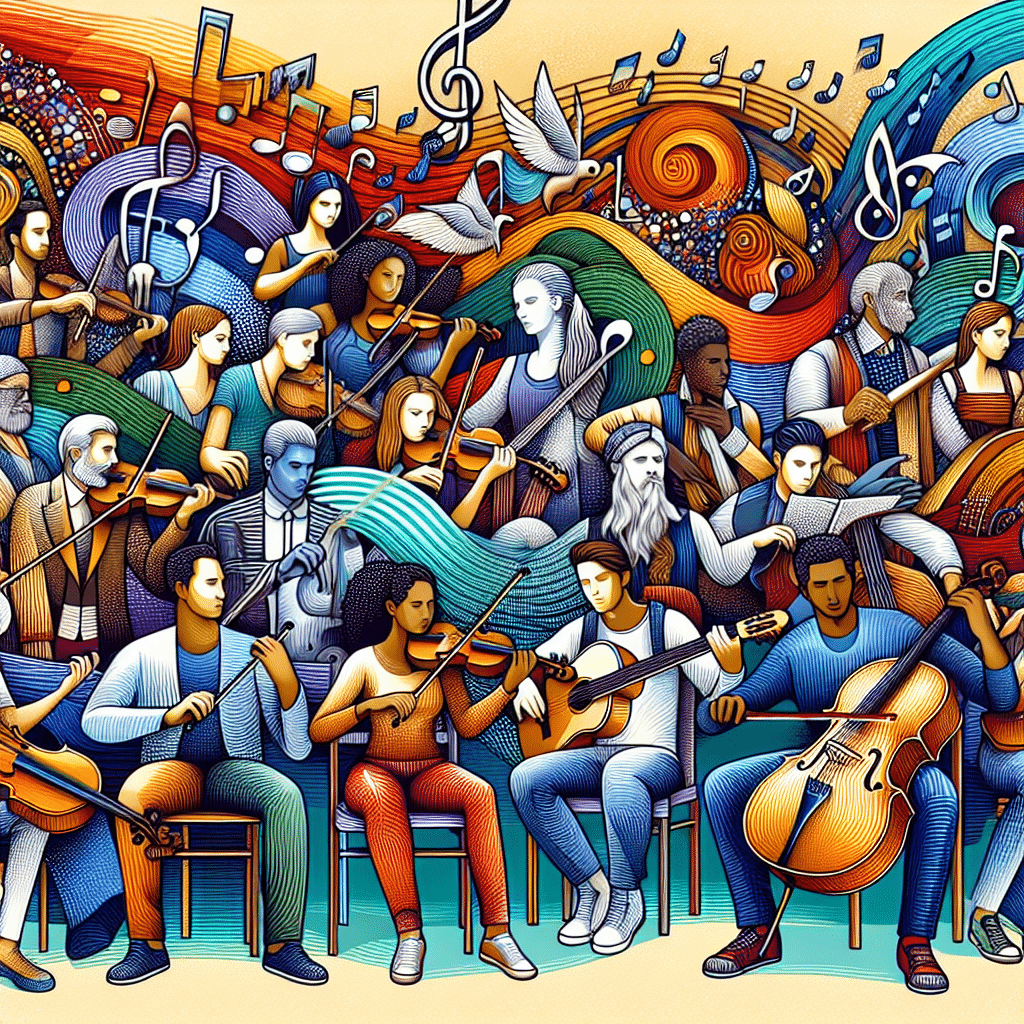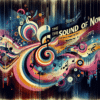Diversity and Representation: The Changing Face of Modern Pop Music

Introduction
Pop music has always functioned as a mirror to society, reflecting cultural changes, social movements, and the evolution of artistic expression. In recent years, there has been a significant shift towards greater diversity and representation in modern pop music. This evolution not only encompasses varied musical styles and influences but also champions broader narratives around identity, culture, and representation. As we delve into the historical context and examine key artists and current trends, we will uncover how these changes are reshaping the landscape of popular music and society.
Historical Context
The evolution of pop music has often been informed by the social dynamics of its time. From the genre’s origins in the mid-20th century, much of popular music was dominated by white male artists, with limited visibility for women and artists of color. However, significant historical movements, such as the Civil Rights Movement in the 1960s and the feminist wave of the 1970s, began to challenge these conventions.
The emergence of Motown in the 1960s played an essential role in breaking racial barriers in music, introducing mainstream audiences to Black artists like Diana Ross, Stevie Wonder, and Marvin Gaye. Meanwhile, the feminist liberation movement saw the rise of female artists such as Joan Jett and Tina Turner, who defied gender norms in both their music and public personas.
See Also: New Voices: Emerging Artists Who Are Making Waves in the Pop Scene
New Voices: Emerging Artists Who Are Making Waves in the Pop SceneFast forward a few decades, and the advent of the internet and social media has radically transformed how music is produced, distributed, and consumed. Broad platforms like YouTube, Spotify, and TikTok have democratized music sharing, resulting in a more diverse array of voices echoing through the pop landscape.
Key Artists Reshaping the Genre
In this changing environment, a new wave of artists has emerged—individuals who challenge the traditional notions of identity, genre, and artistry.
Billie Eilish
Billie Eilish encapsulates the essence of modern pop's evolution. With her unique fashion choices and haunting musical style, she has dismantled conventional ideas of what a pop star should be. Eilish’s candid discussion of mental health and body image has resonated with millions, particularly among younger audiences who see her as a relatable figure.
See Also: Global Grooves: How World Music Influences the Modern Pop Landscape
Global Grooves: How World Music Influences the Modern Pop LandscapeBad Bunny
Dominating the Latin pop scene, Bad Bunny has expanded the global reach of reggaeton and Latin music. His incorporation of diverse influences, including trap and electronic, resonates with fans across the globe. More than just a musical icon, Bad Bunny uses his platform to advocate for issues impacting the Latinx community, including LGBTQ+ rights and social justice.
Lizzo
Lizzo breaks down barriers both musically and physically. Celebrating body positivity and self-love, her artistry challenges traditional beauty standards in the entertainment industry. Her infectious energy and charismatic performances emphasize diversity not just in musical style but also in body representation.
Halsey
See Also: Summer Jams: The Ultimate Playlist of 2023’s Catchiest Pop Hits
Summer Jams: The Ultimate Playlist of 2023’s Catchiest Pop HitsHalsey, an artist of mixed race and a vocal advocate for mental health and bisexuality, has used her platform to shed light on the complexities of identity within the modern pop narrative. Her music often revolves around themes of struggle, love, and self-discovery, illustrating the nuances of being a minority in today's world.
Current Trends in Pop Music
The landscape of modern pop music is littered with transformational trends rooted in inclusivity and representation.
Genre-Blending
The blending of genres is more prevalent than ever, as artists weave together elements from hip-hop, R&B, country, and rock to create fresh, inclusive sounds. This is evident in the music of artists like Lil Nas X, whose "Old Town Road" proved to be a cultural phenomenon by combining country and rap.
See Also: The Role of Social Media in Boosting Pop Hits to Stardom
The Role of Social Media in Boosting Pop Hits to StardomGlobal Sound
Today’s pop music is increasingly influenced by global sounds and artists. The incorporation of K-Pop into Western charts exemplifies this trend, with groups like BTS and Blackpink captivating audiences worldwide. Their music transcends cultural and linguistic barriers, illustrating a shift toward a more globalized music industry.
Social Commentary
Modern pop music often serves as a platform for social commentary, reflecting issues from racial injustice to mental health awareness. Artists are not afraid to address controversial topics through their music, holding society accountable while fostering dialogue among fans.
Empowerment and Representation
As diversity in pop music expands, themes of empowerment are more frequently represented in lyrics and performances. Women, LGBTQ+ artists, and artists of color are no longer relegated to the shadows but are taking center stage, impacting not just music code but also societal change.
See Also: The Sound of Now: Exploring the Trendsetting Beats of Modern Pop
The Sound of Now: Exploring the Trendsetting Beats of Modern PopCultural Impact
The impact of diversity and representation in pop music extends beyond entertainment—it symbolizes progress in the ongoing fight for social justice and equality. Music has always been a powerful tool for change, and with a more diverse roster of artists, the narratives being shared are more inclusive and representative of a multicultural society.
As more diverse faces enter the mainstream, young listeners find validation and inspiration in their life experiences. This shifting narrative fosters acceptance and an appreciation of different cultures, encouraging younger generations to celebrate their identities and challenge societal norms.
Conclusion: The Significance of Diversity and Representation
The changing face of modern pop music illustrates a broader cultural awakening—one that acknowledges the need for diversity and representation in all spheres of life. By amplifying underrepresented voices, pop music not only mirrors the diverse society we inhabit but also shapes it. As we embrace these changes, the music community continues to inspire social movements, demonstrate the power of inclusivity, and break free from the constraints of tradition.
See Also: Unforgettable Hits: The Pop Artists Behind the Catchiest Songs
Unforgettable Hits: The Pop Artists Behind the Catchiest SongsFAQs
What are the main challenges facing diversity in pop music?
While progress has been made, challenges remain, including systemic barriers in the industry, racial and gender biases, and limited access to resources for marginalized artists.
How do social media platforms impact diversity in music?
Social media platforms have democratized music distribution, allowing diverse voices to reach broader audiences without traditional industry gatekeepers, fostering inclusivity in the music landscape.
See Also: Genre-Blending: How Modern Pop is Breaking All the Rules
Genre-Blending: How Modern Pop is Breaking All the RulesAre there specific genres more representative of diversity than others?
While pop music as a whole is becoming more diverse, genres such as hip-hop, R&B, and Latin music tend to feature a wider representation of underrepresented artists and issues regarding identity.
How can listeners support diversity in music?
Listeners can support diversity by actively seeking out and promoting artists from different backgrounds, genres, and identities. Engaging with music that uplifts underrepresented voices is essential.
If you want to know other articles similar to Diversity and Representation: The Changing Face of Modern Pop Music you can visit the category Pop.
